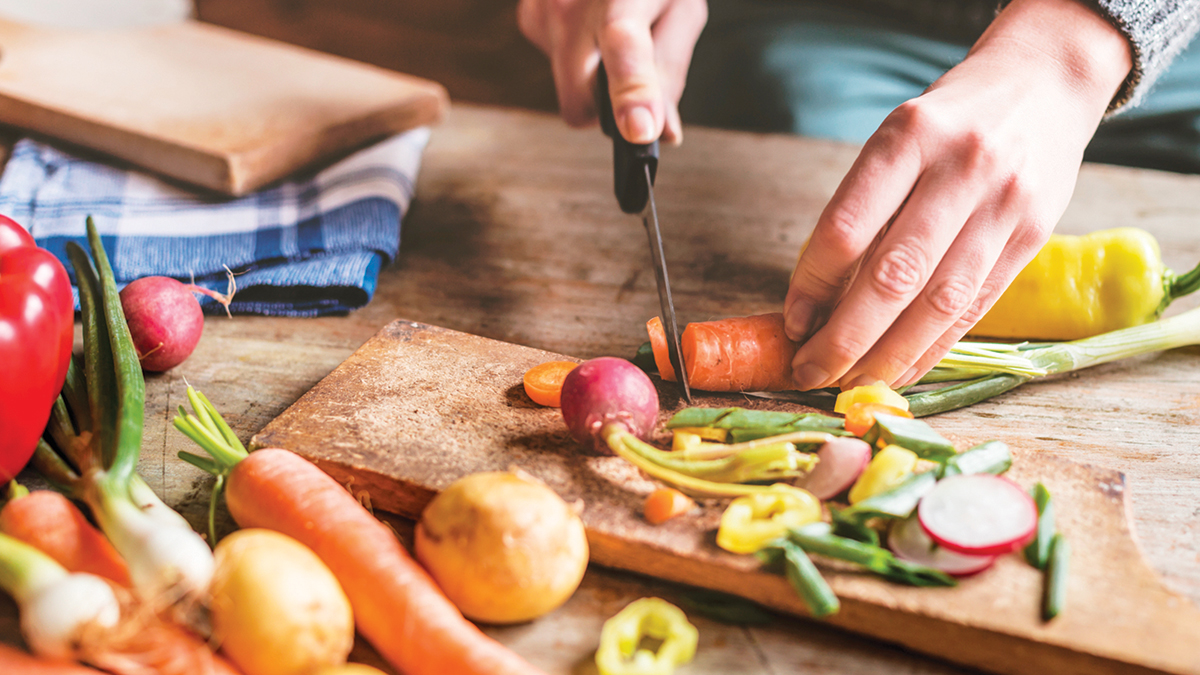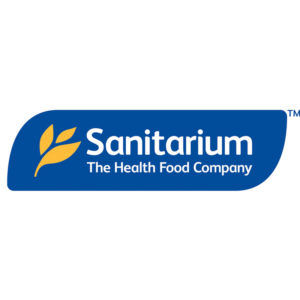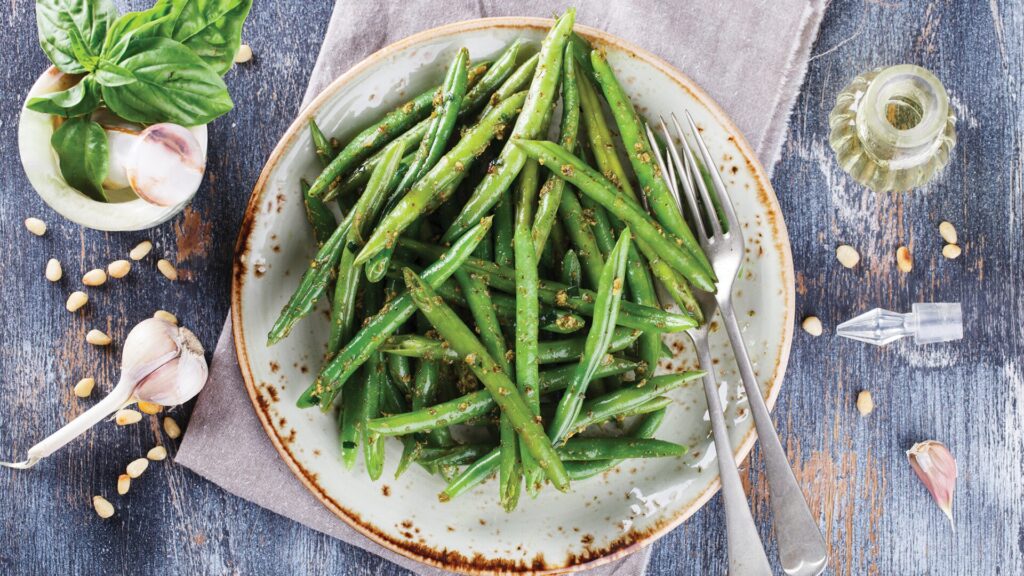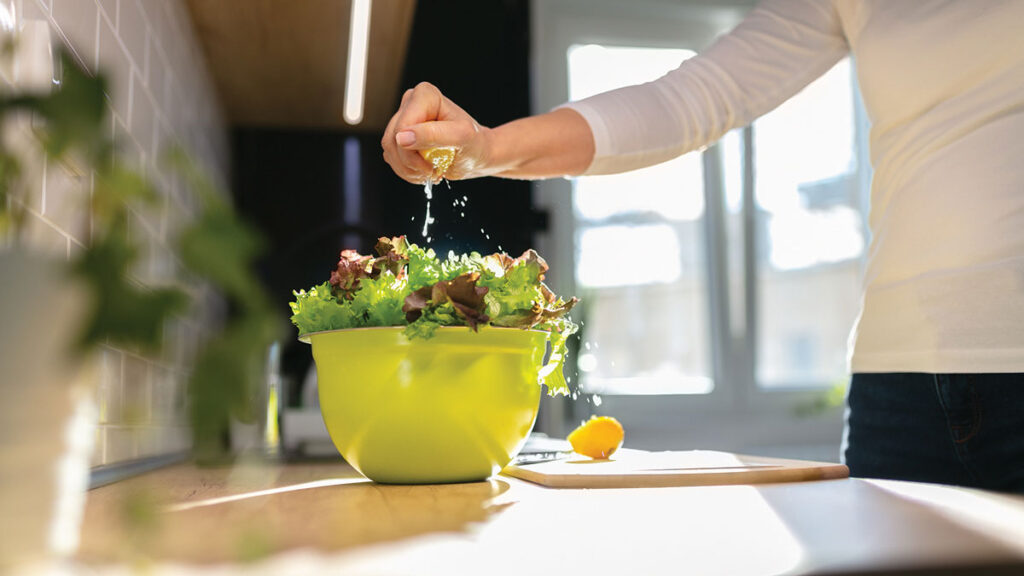What are your resolutions for 2018? Eating more plant foods is set to be one of the biggest trends. It’s already gaining momentum, with Pinterest searches and saves for plant proteins up 417 per cent in the past 12 months and restaurant chefs expected to be replacing meat with plants by featuring tofu and tempeh in more dishes. And have you heard about Veganuary? Making the switch to eating more plants has never been easier. Plus it’s a decision that can be a healthy win for you and the planet.
Healthy you
You are probably aware of the longer term benefits of eating mainly plant foods, with research showing it can help you live longer and reduce the risk of chronic disease.
But what about here and now?
Eating less animal foods that are higher in saturated fat and eating more plant foods like nutrient-rich fruit, veggies, wholegrains, legumes, nuts and seeds has a wide range of immediate health benefits, from boosting your immunity to increasing your energy levels. It can even improve your complexion.
Healthy world
Did you know the production of animal foods is one of the planet’s leading sources of greenhouse gas emissions? A new global study has found that by switching to a healthier diet and simply eating in line with our dietary guidelines, Australia could reduce greenhouse gases from food production by up to 25 per cent. From here, each move towards a more plant-based diet has an even better impact on the environment. In another study that compared the environmental impacts of different diets, the less animal products eaten, the lower the carbon footprint—with the least for vegan diets.
The important message is that every bit helps.
Tips for going green
Eat veggies at every meal. Strive to add veggies to every meal. Breakfast is often the biggest hurdle but this can be as simple as adding some spinach to your morning omelette, adding some greens to a smoothie or spreading your toast with avocado.
Go local and seasonal. Local produce that’s in season is fresh, delicious and generally cheaper. Stocking the fridge with seasonal fruit and veggies will not only inspire you to eat more plant foods, it will also help to support local growers and is a more sustainable choice, reducing the need for storage and transport.
Prep your plants. Try prepping your veggies for the day, or the week, in advance. Keep chopped up veggie sticks and fruit in the fridge for a ready-to-go snack, pre-make versatile dips and spreads like hummus that can be frozen in ice cube containers for a single serve, or roast up a tray of veggies to add to meals.







